Proper nutrition is vital for your pet’s health, but navigating the pet nutrition world can be challenging, especially when faced with conflicting information. Our Burlington Veterinary Center team wants you to have accurate details when choosing the right diet for your four-legged friend, and we unveil the truth about common pet nutrition misconceptions.
Free-feeding is an appropriate method to feed your pet
Always keeping your pet’s food bowl filled is an easy way to feed them. However, free-feeding is not appropriate for most pets. Cats and dogs aren’t good at self-regulating their food intake and they will often overeat if allowed unlimited access to food. This predisposes them to obesity, which can lead to serious health complications such as cancer, kidney disease, diabetes, and arthritis. The best way to feed your pet is to calculate their daily caloric needs, accurately measure their meal portions, and feed them two or three small meals throughout the day.
Grain-free diets are healthier for pets
Numerous pet food manufacturers tout grain-free diets as being healthier for pets when compared with grain-inclusive options. Many pet owners believe that grains are a common food allergy for pets or are fillers with little nutritional value. However, grains, such as rice, barley, and oats, provide important nutrients and fiber. In addition, true grain allergies are relatively rare in pets. Most food allergies are triggered by proteins such as beef, chicken, and dairy. Another factor to consider is the Food and Drug Administration’s (FDA’s) investigation into the potential link between grain-free diets and canine dilated cardiomyopathy (DCM), a serious heart condition. Always consult our Burlington Veterinary Center team before switching your pet to a grain-free diet.
Pets should eat a variety of foods
Your medical health provider likely encourages you to eat a variety of foods to fulfill your nutritional needs. However, unlike people, pets don’t require a varied diet to achieve balanced nutrition. Frequent dietary changes can lead to gastrointestinal (GI) upset, causing difficulty in identifying food allergy or intolerance causes. Consistency is key, and a well-formulated commercial pet food can meet all of your pet’s nutritional needs.
Raw diets are healthier for pets
Advocates for raw diets say they are more like what animals eat in the wild and therefore healthier for pets than cooked diets. While raw diets may seem natural, they can pose significant health risks for your four-legged friend. Raw meat can carry harmful bacteria, such as Salmonella and E. coli, which can be dangerous to pets and people. Additionally, raw diets can be unbalanced and may lack essential nutrients to maintain your pet’s health. You must ensure any diet you feed your pet, whether raw or cooked, is complete and balanced according to established nutritional guidelines.
Table scraps are suitable for pets
When your pet stares longingly at you during a meal, you may be tempted to share your food. However, feeding your pet table scraps predisposes them to obesity and can cause GI upset or trigger pancreatitis, a potentially life-threatening condition. In addition, many human foods, such as chocolate, grapes, onions, garlic, and the artificial sweetener xylitol, are toxic to pets. When feeding your pet, stick to pet-specific foods and treats designed to meet their dietary needs.
High-protein diets are best for all pets
While protein is an essential nutrient for pets, more is not always better. A pet’s protein requirements vary by their age, activity level, and health status. Excessive protein can be harmful to pets with certain health conditions such as kidney disease. You must feed your pet a diet that provides appropriate protein levels for their specific nutritional needs. Our Burlington Veterinary Center team can help you determine what’s best for your four-legged friend.
Homemade diets are healthier for pets than commercial diets
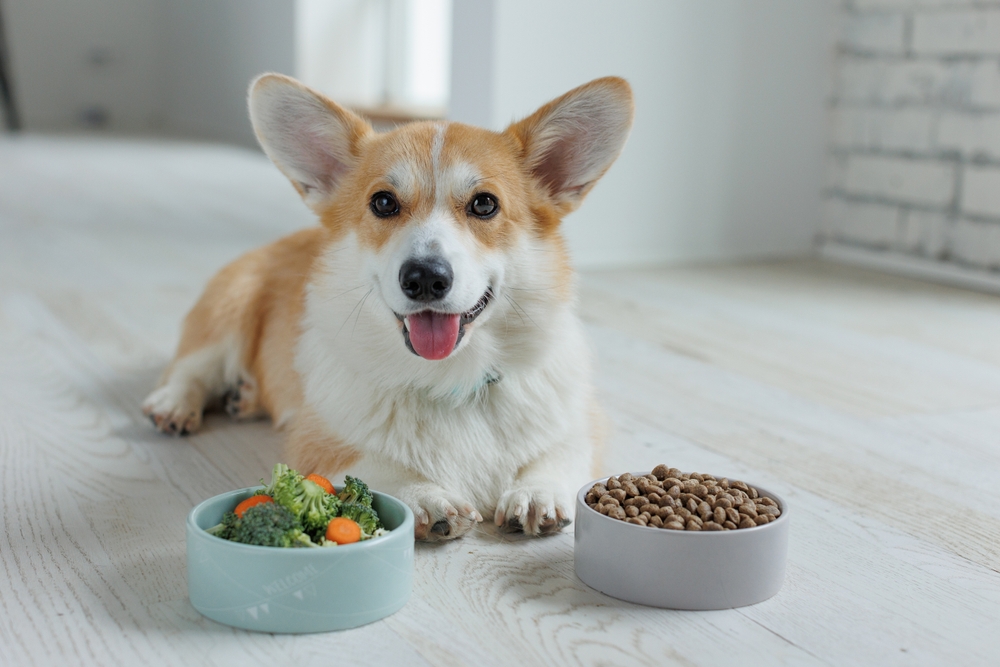
Homemade diets can be formulated to meet a pet’s specific health needs, but if not prepared properly, they can lack the necessary nutritional balance required for overall health. Preparing a nutritionally complete and balanced diet for your pet can be challenging and requires a thorough understanding of their nutritional needs and consultation with a veterinary nutritionist. Commercial diets are formulated to meet established nutritional standards and can provide a convenient and reliable option.
If you would like advice about your pet’s nutritional needs, contact our Burlington Veterinary Center team to schedule a consultation.


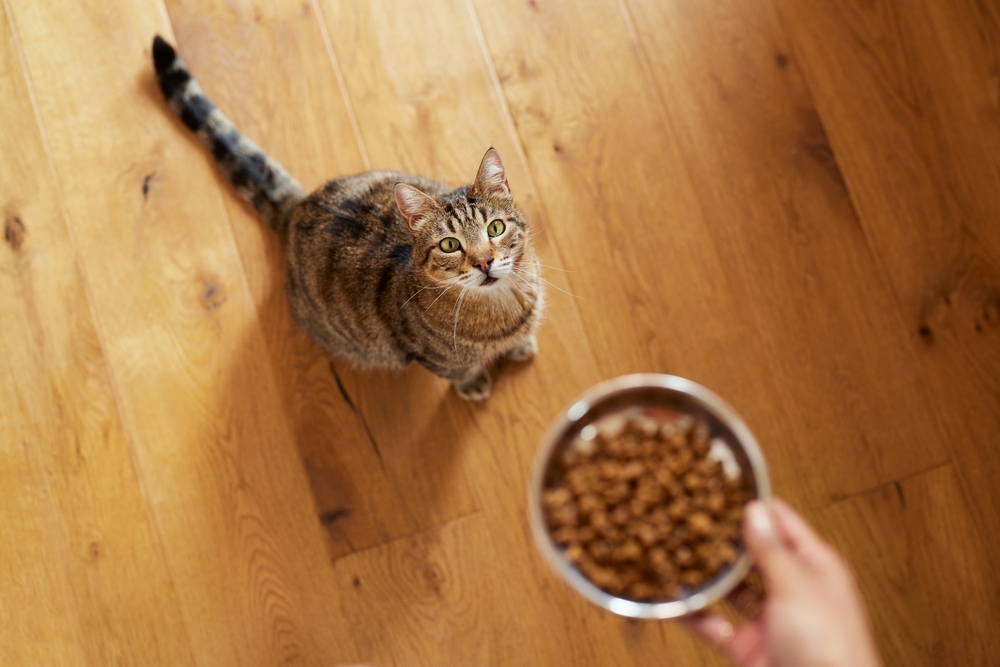
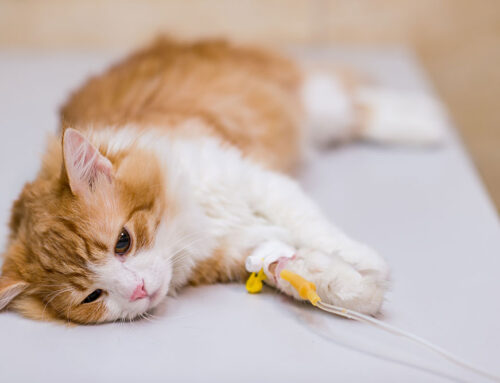
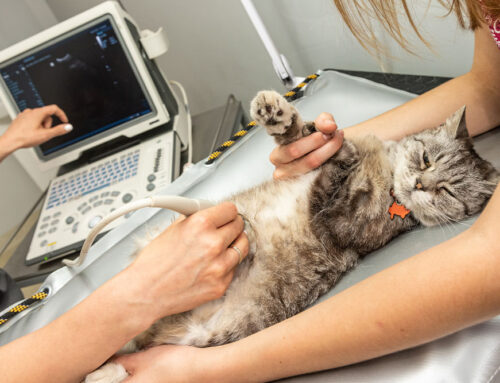

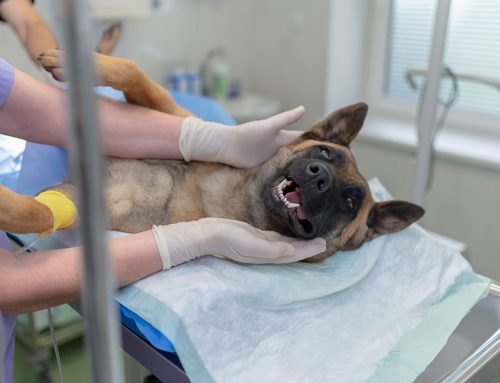
Leave A Comment